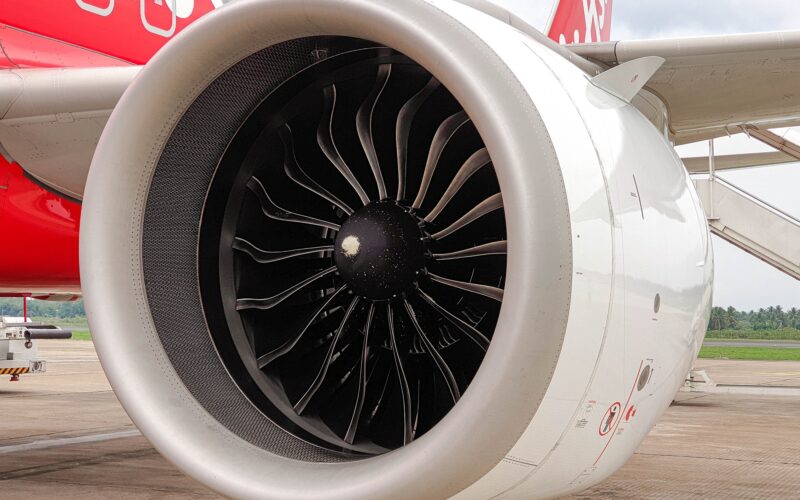The United States Federal Aviation Administration (FAA) issued an airworthiness directive (AD) relating to all CFM International LEAP 1-A engines, which are used exclusively on the Airbus A320neo family of aircraft.
The FAA said it was prompted to issue the AD following the discovery of certain parts of the engine being manufactured with materials with reduced properties due to iron inclusion. The list of parts includes certain high-pressure turbine (HPT) rotor stage 1 disks (HPT stage 1 disks), forward outer seals, and compressor rotor stages 6–10 spools of the LEAP 1-A engines.
CFM International, a joint venture between General Electric and Safran Aircraft Engines, made the initial discovery that “iron inclusion was detected in three non-LEAP–1A HPT rotor disks,” read the AD. However, further analysis by the manufacturer showed that “the iron inclusion is attributed to deficiencies in the manufacturing process” and affects more parts.
The FAA warned that the reduced material properties of the HPT stage 1 disks, forward outer seals, and compressor rotor stages 6-10 spools could have “lower fatigue life capability due to iron inclusion, which may cause premature fracture and subsequent uncontained failure” of the components.
To address the problem the FAA has ordered operators to replace the three affected parts, which affects 38 engines installed on aircraft registered in the US. According to the agency’s estimates, replacing the HPT stage 1 disk (a total of 38 affected parts) will cost $216,315 per product ($680 labor and $215,635 in parts), the forward outer seal (24 affected parts) $48,180 per engine ($680 labor and $47,500 in parts), and the compressor rotor stages 6-10 spool (15 affected parts) will set back operators $38,340 per engine ($680 labor and $37,660 in parts).
All costs related to parts were estimated on a pro-rated basis.
The effective date of the AD, which was issued on May 19, 2023, is June 23, 2023.
The CFM International LEAP 1-A is one of two engine options available to Airbus A320neo aircraft family operators. Airlines can also choose to power their A320neo aircraft with the Pratt & Whitney PW1100G, which has experienced several supply chain issues, forcing carriers to ground their aircraft and search for wet lease alternatives.

